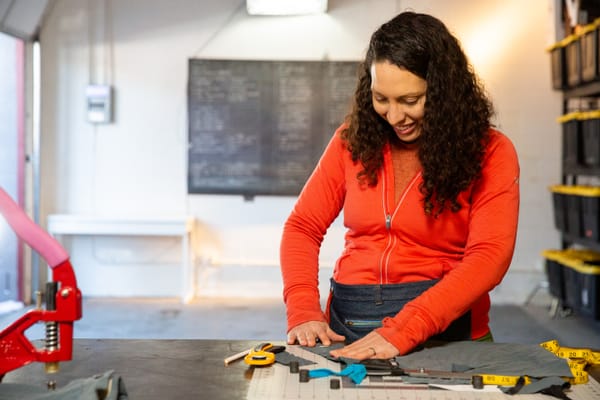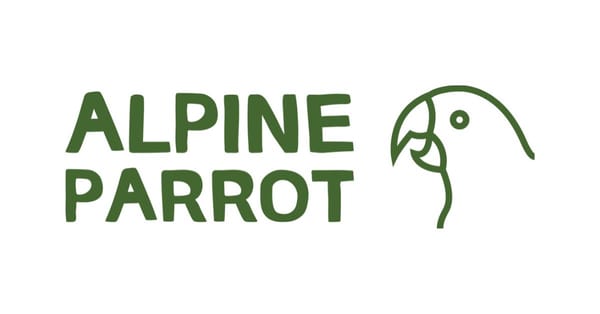Followers
At the time of this writing, I'm on the brink of passing 5,000 followers on Twitter.
I honestly couldn't care about how many followers I have, with two exceptions: each new follower means a larger network with which I can share my crazy thoughts and expertise, and also every new follower brings me closer to my impending personal story of online harrassment.
You see, so far, I haven't had any trolls. No one has called me names, threatened my personal well-being, or tried to hack into my personal information. (And no, for the record, this is not an invitation.) The two times people have said inappropriate things to me, I simply blocked them and never heard from them again.
But soon it won't be that easy.
Someone - who may or may not be following me already - will comment on my age, my gender, or my heritage. They'll talk about how stupid/unqualified/annoying I am, and how I have no business being in this field. I will try to ignore them, as there's no truth in those sorts of comments, but they'll keep poking, saying awful things, and I'll crack. Maybe I'll respond, maybe I won't, but it won't matter, because the abuse will keep coming.
And the way the system works, I won't have anywhere to turn for help. The police won't have much to go on, the Twitter abuse protocol is notoriously terrible, and an alarming percentage of people will simply turn their backs because it's a lot easier to ignore a problem if you pretend it's not there. I've seen it countless times already; it's simply a matter of time before it'll be my turn.
It's actually pretty impressive how I've managed to get this far without suffering. Admittedly, I play it safe online. My forays into social justice have been mostly limited to retweeting things that matter to me (though by the nature of retweets, they show who originally said it, instead of me). My personal tweets tend to be silly epithets or poignant quips about software engineering. I don't go out of my way to attack anyone (even if I grossly disagree with them), and I don't engage in heated debates.
But we're living in a really interesting time right now. As a Latina, I'm constantly seeing two major parts of my identity being debated everywhere. Women and people of color are hot topics, not only in technology, but also in general American society. It's not something I can keep quiet about forever; in fact, I'm hardly quiet about these topics in person. But online, I don't say much about them.
I have to decide what's more important: sharing my opinion and putting my family at risk, or staying quiet and keeping safe; making a point or letting my silence speak for me.
Every time I speak at a conference, write a blog post, or compose a tweet, I ask myself: "Is this it? Is this the [talk/post/tweet] that will send someone over the edge?"
I don't know, and I'm terrified.
How do we fix it? How do we, as a community, make sure it doesn't happen?
The first step is to stop it from happening, right now. Every day, women and people of color are abused online. And it's not just women and people of color, either: members of every marginalized group (read: non-het-white-cis men) are being called names, personally threatened, and hacked. Horrific pictures are photoshopped, sensitive details are displayed in public, and lives are destroyed. I don't care what they said - they did not ask for it, and no one deserves that kind of treatment.
Speaking your mind isn't a crime, and trolls aren't police, judges, or juries.
Unfortunately, I don't know how to fix this. I don't know how to stop people from saying awful things on the Internet beyond declaring that I won't say awful things on the Internet. But something must be done.
I'm tired of watching my friends get hurt, and oh my goodness do I hope I'm not next. The standard you walk past is the standard you accept; I'm standing right here, and I really hope you'll stand with me.
======
This was originally posted on The Pastry Box Project at https://the-pastry-box-project.net/raquel-velez/2014-september-4



